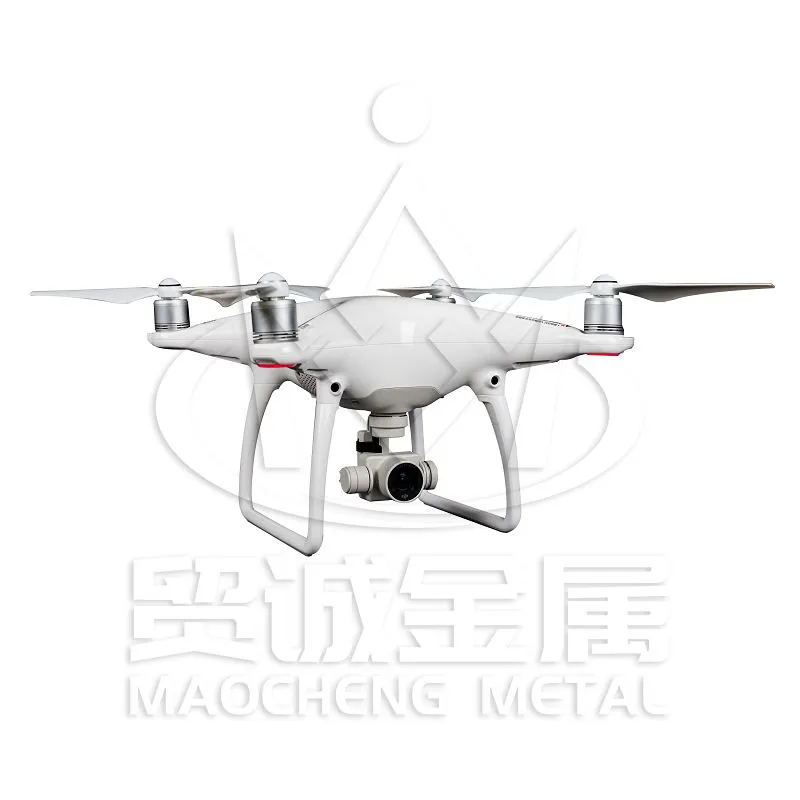Why Are CNC Machining Parts Essential in Modern Manufacturing?
2024-11-12
In today’s fast-paced world of manufacturing, precision and efficiency are key. CNC (Computer Numerical Control) machining parts have become integral components in various industries, from aerospace and automotive to medical devices and electronics. But what makes CNC machining parts so vital to modern production? Let’s delve into the reasons why CNC machining parts are indispensable in manufacturing.
1. Unmatched Precision and Accuracy
One of the primary reasons CNC machining parts are so crucial is their unparalleled precision. CNC machines are controlled by computer software, allowing for highly accurate and repeatable production. This level of precision is essential for industries like aerospace, where even the smallest deviation can lead to performance issues or safety concerns. CNC machining ensures each part meets exact specifications, minimizing errors and improving the overall quality of the final product.
2. Efficient Production and Consistency
In traditional manufacturing, producing complex parts can be time-consuming and prone to human error. CNC machining, however, automates the entire process, reducing the time and labor needed to produce parts. Once the machine is programmed, it can run continuously with minimal supervision, producing identical parts with consistent quality. This efficiency is especially beneficial for large-scale production, where consistency is critical for brand reputation and customer satisfaction.
3. Versatility Across Materials and Industries
CNC machining parts can be crafted from a wide range of materials, including metals like aluminum, steel, and titanium, as well as plastics and composites. This versatility makes CNC machining suitable for diverse applications, from durable automotive parts to intricate medical devices. The flexibility to work with various materials means manufacturers can meet specific demands across industries, catering to different environments and requirements.
4. Complex Geometry and Customization Options
The ability to create complex geometries is another significant advantage of CNC machining. Advanced CNC machines can produce intricate shapes and features that would be impossible or highly challenging with manual machining. Additionally, CNC machining allows for customizations, so manufacturers can tailor parts to specific applications, such as unique shapes or custom-designed components. This adaptability is invaluable for industries requiring customized parts or prototypes, such as the medical and aerospace fields.
5. Reduced Waste and Lower Costs
CNC machining’s precision not only enhances quality but also reduces material waste. Because the process is controlled by computer programming, parts are machined with minimal excess material, resulting in cost savings over time. In contrast to traditional methods, where human error might lead to multiple flawed parts and wasted resources, CNC machining optimizes material use. This efficiency not only lowers costs but also supports environmentally-friendly practices, a growing priority for modern manufacturers.
6. Improved Safety and Minimal Human Involvement
CNC machining reduces the need for operators to handle machines directly, which significantly enhances workplace safety. In traditional machining, workers may be exposed to sharp tools, hot metal, or harmful substances. CNC machining minimizes these risks by automating the production process, allowing operators to focus on programming and monitoring. This reduction in human involvement also decreases the chances of error, as the machine consistently follows the programmed instructions.
7. Scalability and Adaptability in Production
CNC machining is highly scalable, allowing for easy transition from prototype production to mass manufacturing. Whether a company needs a few prototypes for testing or thousands of parts for a full production run, CNC machining can adapt to meet demand. This scalability is crucial for companies that may require initial prototypes before committing to mass production, ensuring flexibility without compromising quality or efficiency.
8. Innovation and Advancements in CNC Technology
CNC machining technology is constantly evolving, with innovations such as multi-axis machining and hybrid CNC machines combining additive and subtractive processes. These advancements expand the possibilities for CNC machining parts, enabling even more complex designs and faster production speeds. As CNC technology continues to develop, manufacturers gain access to new capabilities, ensuring that CNC machining remains at the forefront of high-quality production.
In Conclusion
CNC machining parts are essential in modern manufacturing for their precision, efficiency, versatility, and adaptability. These parts allow industries to produce complex, high-quality components consistently and at scale, meeting the ever-growing demand for durable and reliable products. As CNC technology evolves, its role in shaping the future of manufacturing will only grow, making CNC machining parts a cornerstone of modern industrial production. Whether it’s creating the latest automotive innovation or crafting intricate medical devices, CNC machining remains a key driver in the success of diverse industries around the world.



